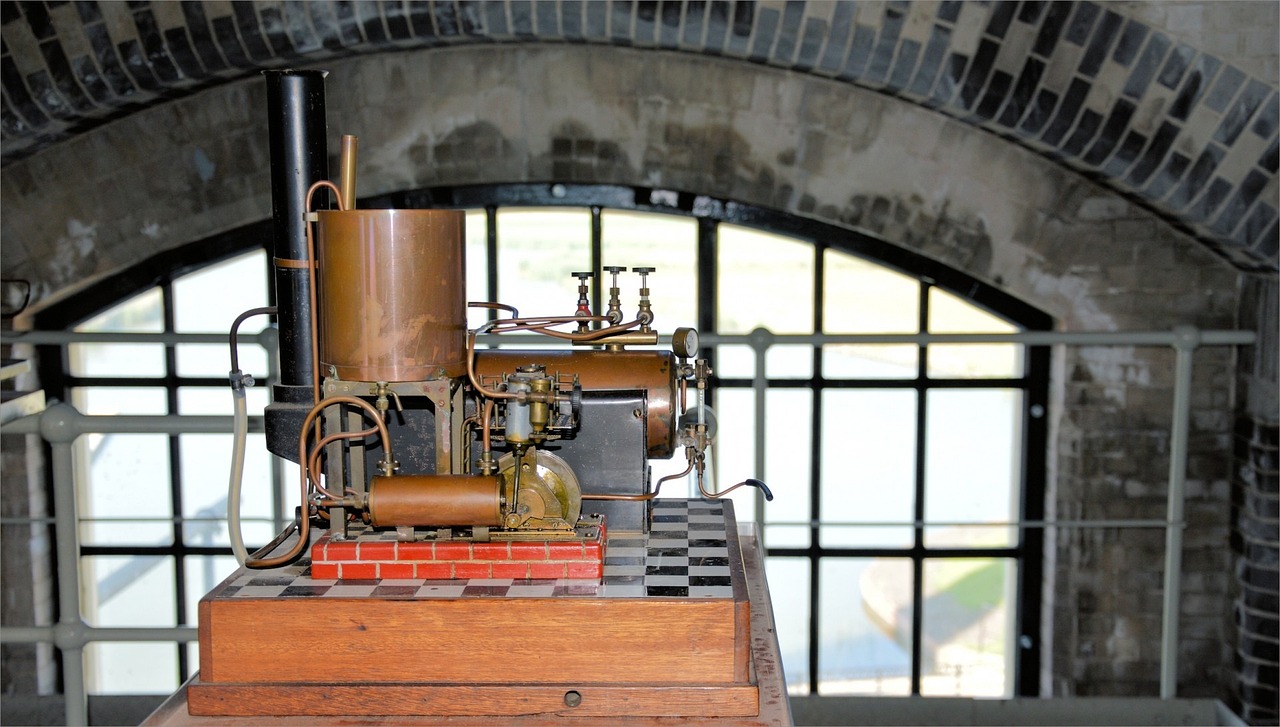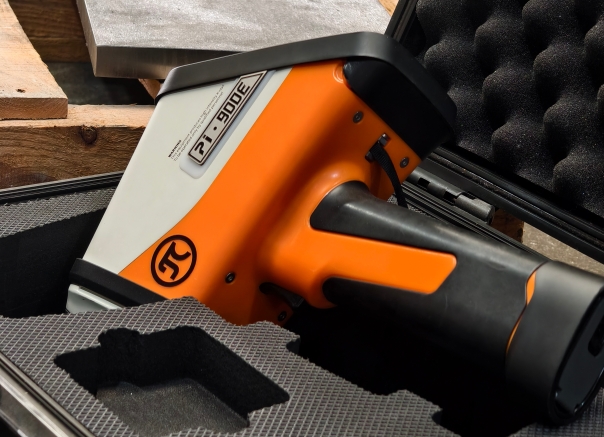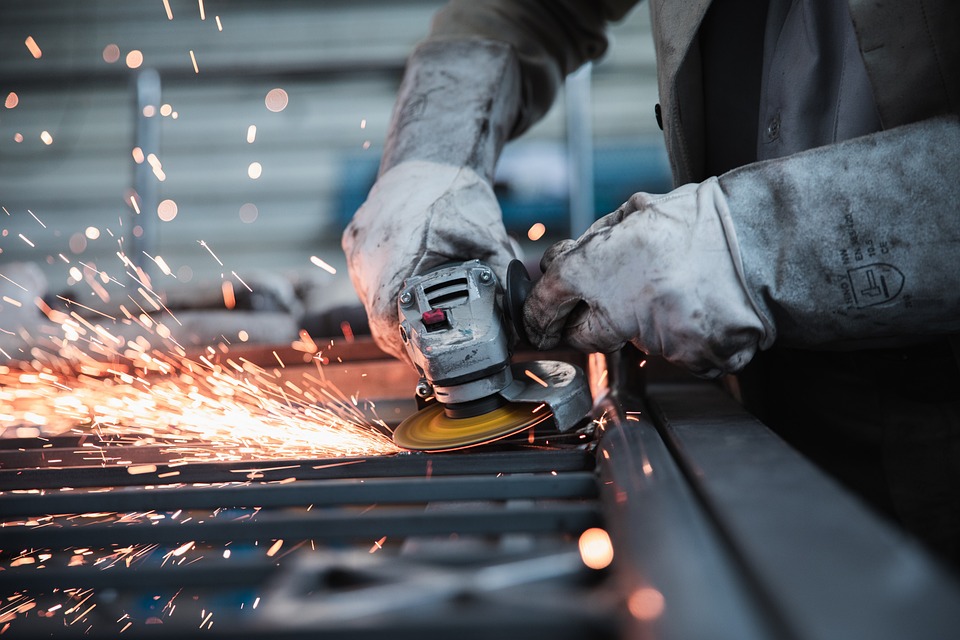
Alloy
A high-tech enterprise focusing on the development and application of X-ray technology products, committed to becoming a leading supplier of X-ray industrial testing solutions.
Exploring the Cost-Effectiveness of XRF Machines for Small Businesses
In today’s rapidly evolving industrial landscape, small businesses are increasingly seeking ways to enhance their operational efficiency without breaking the bank. One technology that has gained significant attention is X-ray fluorescence (XRF) analysis. Traditionally used in laboratories, manufacturing, and environmental testing, XRF machines have now become more accessible, offering small businesses the opportunity to optimize their processes. But how cost-effective are these machines for small enterprises? Let’s explore the advantages and considerations of incorporating XRF technology into your small business operations.
What Is XRF Technology?
XRF (X-ray fluorescence) is a non-destructive analytical technique used to determine the elemental composition of materials. By exposing a sample to X-rays, the material’s atoms emit secondary (fluorescent) X-rays, which can then be detected and analyzed to identify the elements present in the sample. This process is quick, precise, and doesn’t damage the sample, making it an ideal choice for a variety of industries, from metal recycling to environmental monitoring.

The Growing Demand for XRF Machines
The demand for XRF machines has been rising, even among small businesses. This is largely due to the increasing need for quality control, compliance with regulations, and the growing emphasis on sustainable practices. Small businesses in fields like manufacturing, construction, and recycling, as well as those involved in raw materials, have found that XRF machines offer a practical and effective way to maintain product standards, identify contaminants, and meet regulatory requirements.
Key Benefits for Small Businesses
1. Improved Efficiency and Productivity
Small businesses often face time and resource constraints, and XRF machines can help streamline operations. Unlike traditional methods that require samples to be sent to labs, XRF machines allow businesses to perform on-site testing instantly. This results in faster decision-making and a reduction in downtime.
For example, a small metal recycler can use XRF technology to instantly assess the composition of scrap metal, ensuring they purchase the right materials at the right price. With quick, accurate results, businesses can make more informed decisions and increase operational efficiency.
2. Non-Destructive Testing
One of the standout features of XRF machines is their non-destructive nature. Small businesses, particularly in sectors like jewelry, recycling, and environmental testing, can test samples without altering or damaging them. This means they can continue to use or resell materials, saving costs and reducing waste.
3. Cost-Effective Compliance
For businesses in industries that are heavily regulated—such as the manufacturing of electronics or the disposal of hazardous materials—XRF machines offer a cost-effective way to ensure compliance. They can test for elements like lead, cadmium, or mercury, which are often subject to strict regulations. By using XRF machines, businesses can avoid hefty fines for non-compliance and ensure their products meet industry standards.
4. Portable and Easy to Use
Modern handheld XRF devices are designed to be portable and user-friendly. Small businesses with limited space or those that require on-the-go testing benefit from the compact nature of these devices. Many models come with intuitive interfaces and require minimal training, making it easier for employees to integrate the technology into their daily routines.
5. Long-Term Savings
Although XRF machines can require an upfront investment, the long-term savings they offer are significant. By reducing the need for external testing services, lowering waste, and improving product quality, small businesses can recoup their investment over time. Furthermore, many XRF models have low maintenance costs, which adds to their overall cost-effectiveness.
Cost Considerations
While XRF machines are undeniably beneficial, small businesses must weigh the initial costs against potential savings. The prices of XRF machines can vary widely based on features, brand, and precision. Entry-level models might be affordable for smaller businesses with limited budgets, while higher-end, advanced machines can be more expensive.
Here are a few factors to consider when evaluating the cost-effectiveness:
Upfront Investment: Depending on your needs, an XRF machine can range from a few thousand to tens of thousands of dollars. This is an important consideration, especially for small businesses operating with tight budgets.
Training and Integration: Although XRF machines are user-friendly, there may be initial training costs for employees to become proficient in using the equipment. Additionally, integrating this technology into existing processes might require some adaptation time.
Maintenance and Calibration: Regular maintenance and calibration of XRF devices are necessary to ensure accurate readings. However, these costs are relatively low compared to other types of analytical equipment.
Return on Investment (ROI): The ROI from using an XRF machine can be measured in several ways, including improved quality control, reduced operational downtime, and increased customer satisfaction. By making smarter business decisions, small businesses can see a significant return on their investment.
When Is an XRF Machine Worth the Investment?
Small businesses that frequently work with raw materials, metals, or products that need regular testing are the most likely to benefit from an XRF machine. It’s also an ideal tool for businesses that need to comply with environmental regulations or ensure the safety of their products. However, if your business does not require routine testing, the upfront costs might not be justifiable.

Terras PI900E Handheld Alloy Analyzer
The Pi900E XRF Spectrometer: Precision. Anywhere.
Instant Analysis: Utilizes advanced XRF for immediate, non-destructive testing of metals, alloys, and impurities.
Built for the Field: A portable, durable solution for QA, metal recovery, and compliance checks on-site.
Seamless Workflow: Features a user-friendly touchscreen and real-time wireless data sharing.
Lab-Quality Results: Detects from Mg to U with adjustable calibration for accurate readings in any environment.
Conclusion
XRF machines offer a range of benefits for small businesses, from improving efficiency and productivity to ensuring compliance and reducing waste. While the initial investment can be significant, the long-term savings and operational improvements often outweigh the costs. By carefully evaluating the specific needs of your business, you can determine whether XRF technology is the right choice for your operations.
In a world where precision and efficiency matter more than ever, investing in an XRF machine could be a game-changer for your small business, paving the way for growth, sustainability, and success in an increasingly competitive market.
Join Us
Subscribe to our email list for updates & promotions.



